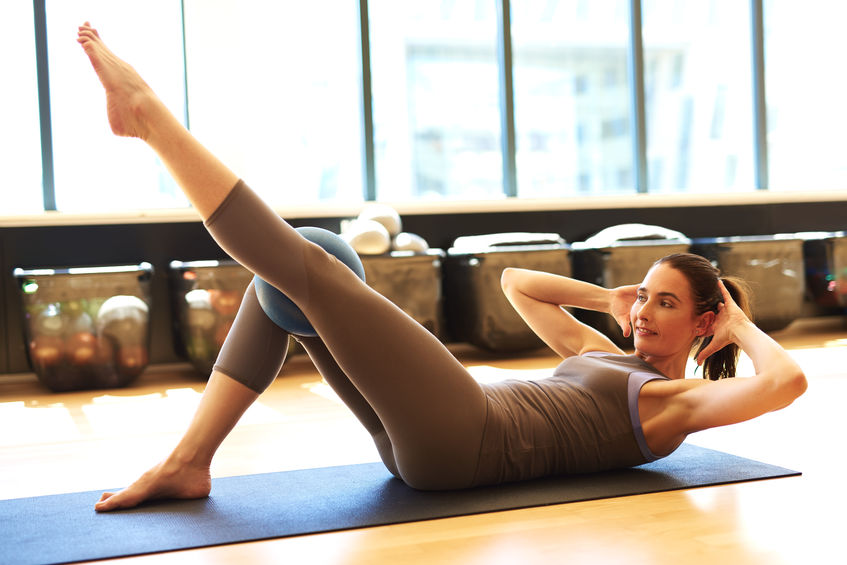
The ketogenic diet plan is important to include “good” fats and no carbs, which if not available include wheat, sugar, fruit, and starchy foods (like potatoes) that typically make up the majority of your meals and snacks.
This diet plan focuses on eating more fat and protein – 75% – 80% to be exact!
The idea is that when you eat mostly fat and few or no carbohydrates, your body enters a state of “ketosis”; This is where your metabolism changes and burns fat as energy, so you store less fat.
This is what we need; less fat! Right? Well… yes, to some extent. Ketosis can affect your performance and you should prepare for it in advance.
Please let me explain.
When we limit carbohydrates and sugar, we limit the muscles’ ability to take up glucose. We all know that sugar is the fuel our body prefers to use during high-intensity exercise (anything longer than 10 seconds).
Our bodies have a hard time functioning without the quick energy that comes from sugar and starch. Activities that generally require rapid glucose metabolism include lifting weights for more than 5 repetitions, long runs or high-intensity activities that require minimal effort, such as swimming, football or basketball, and prolonged use.
So what do you do when you’re in ketosis? Don’t worry, here are 3 tips to help you improve your fitness on the ketogenic diet plan.
1) Efforts to enable the body to burn fat. Harmony is important!
2) Pay attention to the food you eat and make sure you eat enough. The ketogenic diet plan has appetite suppressant properties, so you won’t “feel” hungry when your body needs nutrients. Think all foods and rainbows. The more foods you eat and products of different colors, the more you will meet your body’s daily vitamin and mineral needs. Remember, each color in food indicates a different diet.
3) Choose fatty foods like grass-fed meats, fish, avocados, coconut oil and fruits. The fiber added to avocado and coconut will help reduce constipation, which is a very dangerous side effect of the keto diet. Plus, if you’re feeling a little hungry and need something to soothe you, a spoonful of coconut oil will do the trick! If this seems a bit much, try adding it to a smoothie, some keto bread, or keto protein bars.
Finally, listen to your body. Building new habits in any way, shape, or form affects your body. Patience and knowledge are very important. You won’t get the best results if you rush the diet and lose weight in the first week. Doing your research by listening to your body’s reactions will lead you to the best results.
Take your time and remember that you are not competing with anyone. Whether you want to lose weight, manage diabetes, or just feel good about yourself, it’s all about health and wellness, and all meal planning and lifestyle changes should be viewed through that lens.